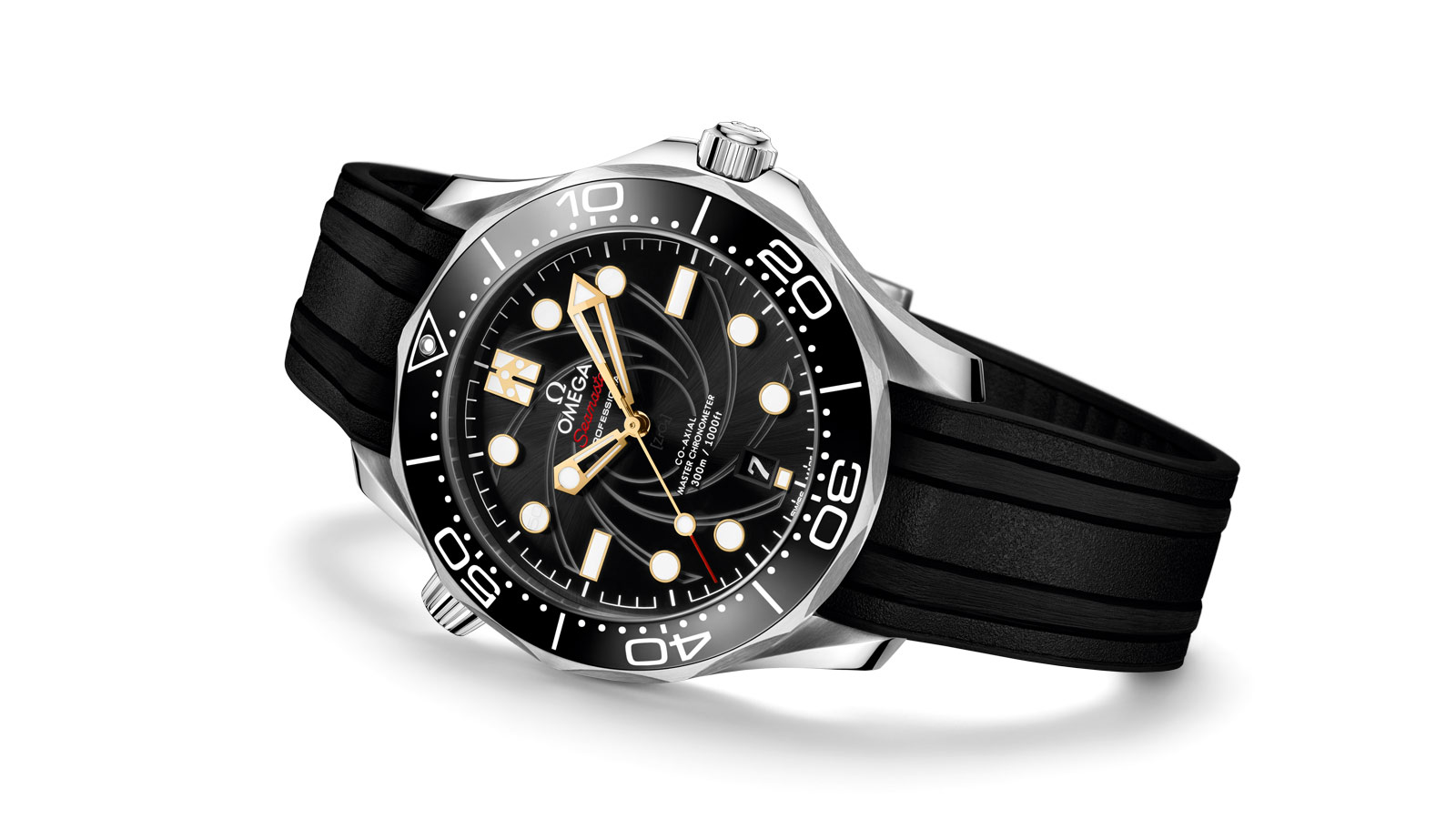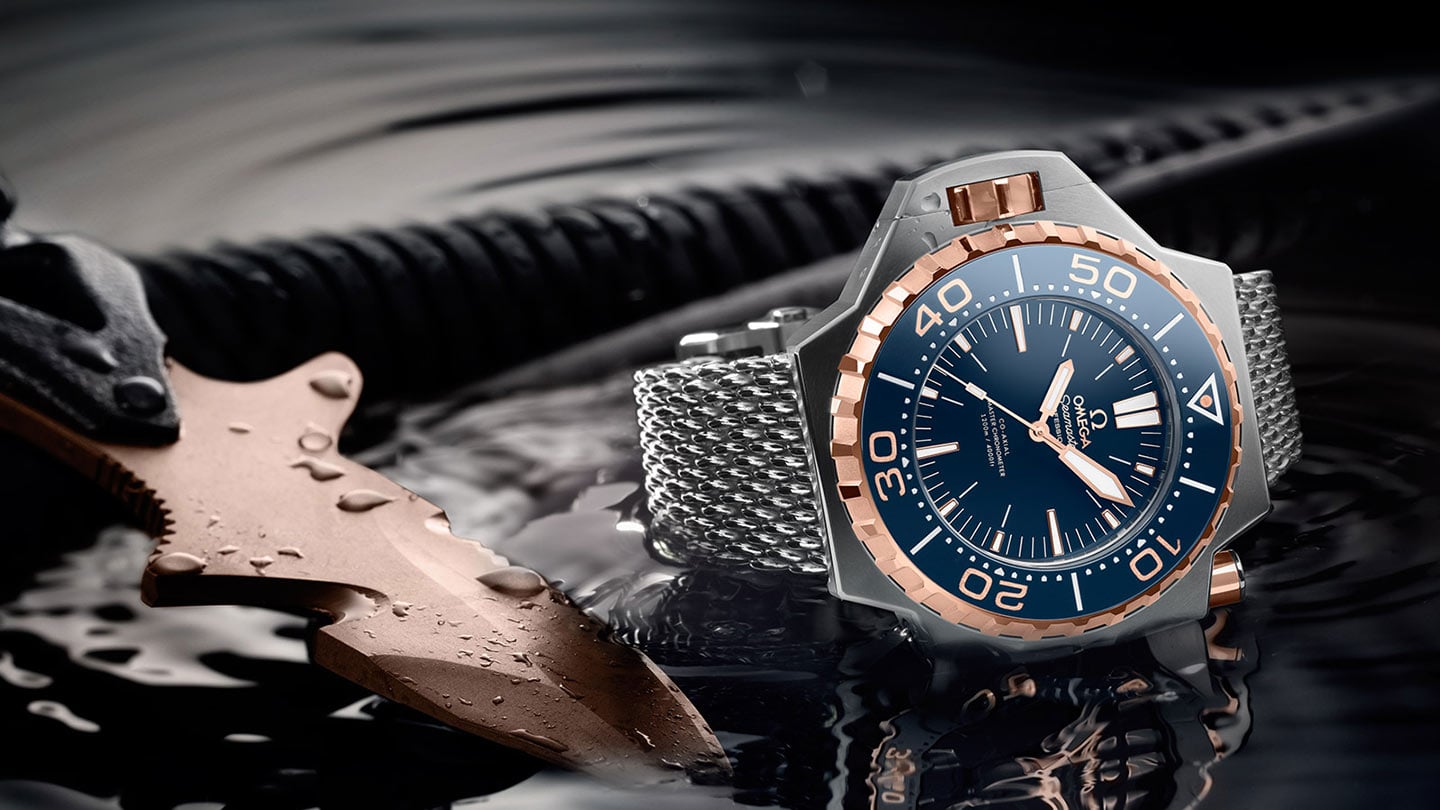watchnerd
Grand Contributor
You are about the same age as my Speedy
I was born about 9 months after Buzz Aldrin's Speedmaster walked on the moon.
Precisely when is contested, as I have two different birth certificates with two different dates.
You are about the same age as my Speedy
Sure, but a good mechanical movement can run 10-20 years before it needs service. I believe the shorter factory-recommended service intervals are more about keeping watchmakers in business, than what the watch actually needs. And servicing it more often than necessary doesn't do it any favors, more like to cause harm than good.
From an entirely pragmatic perspective, a motion powered quartz like Seiko kinetic is ideal. The accuracy of quartz, no batteries to ever replace (it stores power in a capacitor, not a battery). I have one that is now 20 years old, still running like new, always exactly 0.5 seconds fast every day. If I stow it in a drawer, it goes to sleep to conserve energy while keeping time. I can pick up over a year later, shake it, and the hands will wake up and move to the correct time.
That's where we differ.
Also, in terms of resale value, quartz generally do worse.
Example:
Compare a quartz Omega 300m Seamaster vs the purely mechanical in terms of resale value over time.
True; my point was that for most quartz you have to open them up to replace the battery every year or two. This makes them higher maintenance than most mechanical automatics.Good quartz movements can also last for decades. ...
Seamasters don't fit my budget range. lol
I like the analogy. However, a good mechanical watch is much closer to quartz in accuracy, than a turntable is to digital audio!Yes, they're [mechanical timepieces] like turntables.
I have absolute zero in watches that are in those categories. They are the ones which totally baffle me when they sell for high prices.As I've gotten more into vintage watches, I've realized it's all about the story.
Especially if the watch is old, rare, and was worn by a celebrity / in a movie.
Those original Submariner 6538 as worn by Sean Connery or Steve McQueen Heuer Monaco being examples that come readily to mind.
I have absolute zero in watches that are in those categories. They are the ones which totally baffle me when they sell for high prices.

I like the analogy. However, a good mechanical watch is much closer to quartz in accuracy, than a turntable is to digital audio!
When it comes to unique watches, I prefer something that is unique due to its own design or construction, rather than unique for secondary reasons like how many were made or used by a celebrity.
Assuming the acceleration is smooth so it doesn't destroy the watch, it shouldn't matter. Time dilation should affect both equally. That is, it shouldn't matter whether the watch is mechanical or quartz because it's time itself that is shifting.Which tells time more accurately:
A quartz watch on earth, or a fully mechanical watch traveling at relativistic velocities?
From the point of view of, say, 1 year elapsed time on earth.
I like the analogy. However, a good mechanical watch is much closer to quartz in accuracy, than a turntable is to digital audio!
Time dilation should affect both equally.
Indeed not.I guess you won't be buying one of the umpteenth variations and reiterations of the "James Bond" Seamaster, each one re-imagined with each movie release to create a new product placement and sales opportunity for Omega:


It seems to me that the watch's inherent accuracy & precision should be completely unchanged by relativistic time dilation or length contraction. Whether it operates mechanically or electrically shouldn't matter; both are based on laws of physics, which are valid in both reference frames.... I meant if one [mechanical vs. quartz timepiece] is undergoing time dilation and the other isn't.
If the mechanical watch is undergoing time dilation (traveling at, say, .9 C) and the quartz mechanical watch remains on earth. ...
It seems to me that the watch's inherent accuracy & precision should be completely unchanged by relativistic time dilation or length contraction. Whether it operates mechanically or electrically shouldn't matter; both are based on laws of physics, which are valid in both reference frames.
Perhaps there is a point I'm missing.
